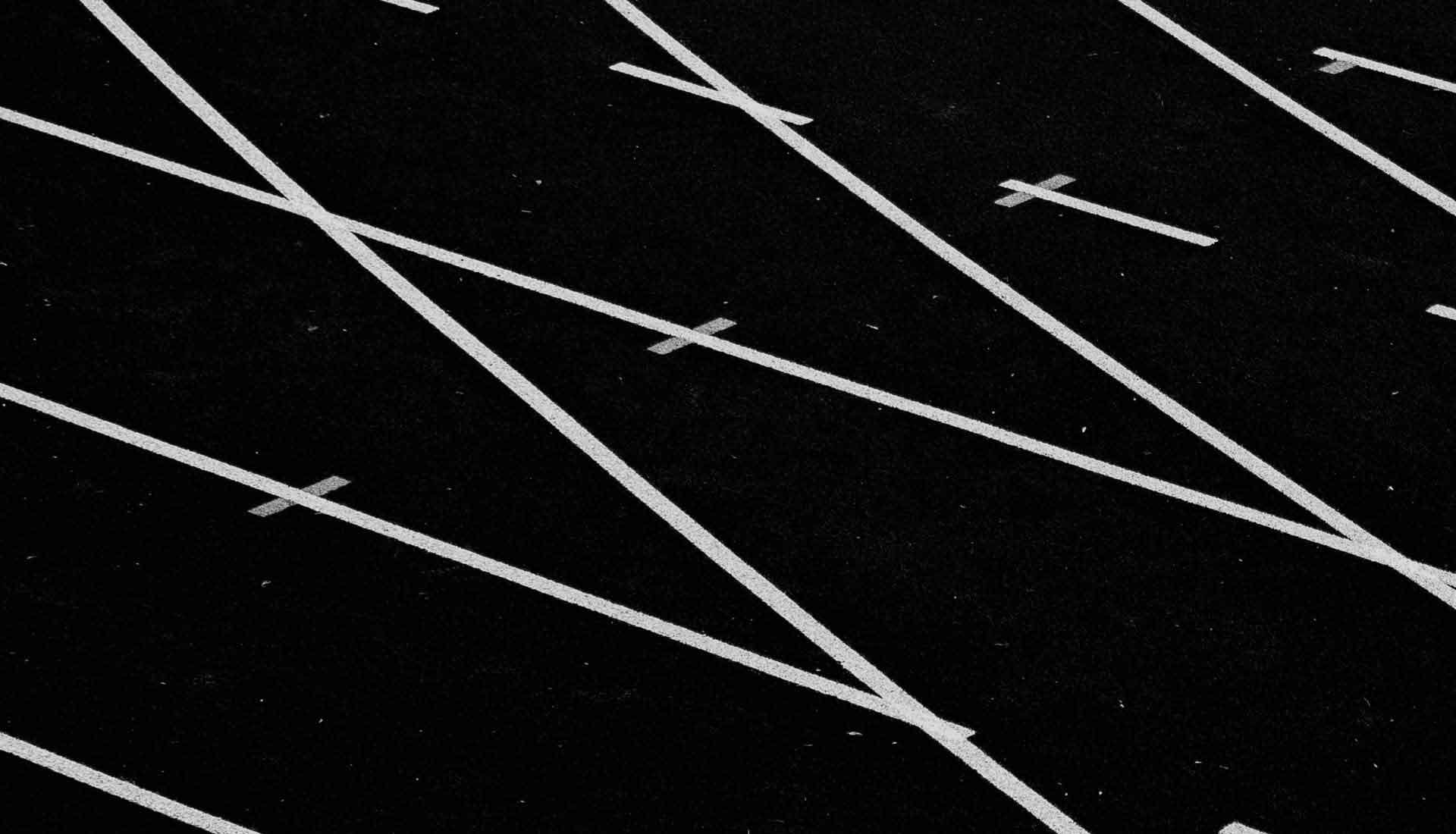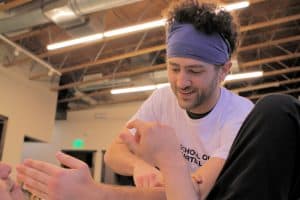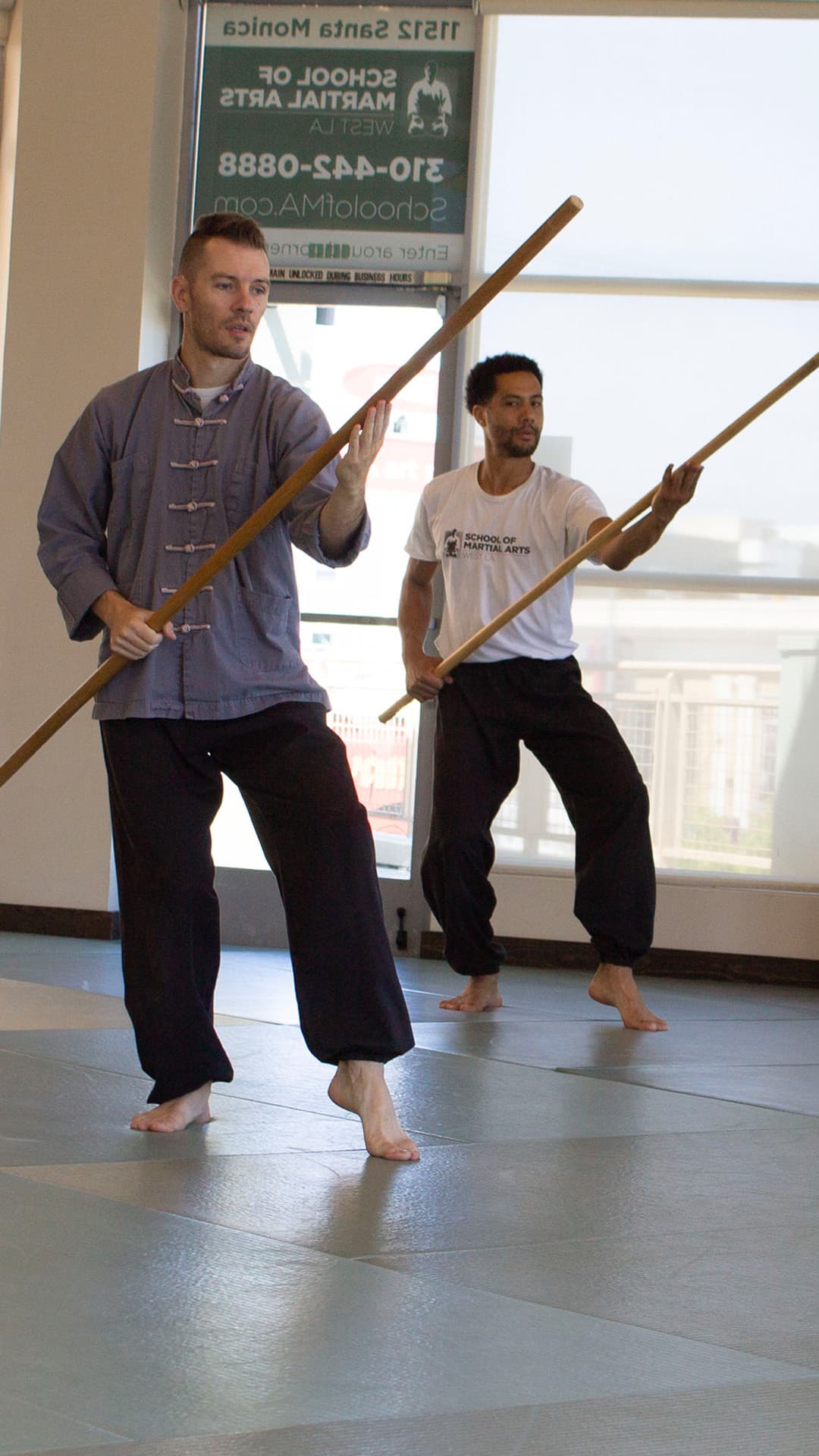Choice
A fundamental paradox in our experience of life is that of choice. First of all, does choice even exist? Though we all experience the ability to choose, true Free Will may be a myth. With the concept of causality, science seems to say that there is no actual way to separate our thoughts and actions from the constant input of our environment and our past. Yet it’s also clear that we have no way of predicting what will happen in the future with any great level of detail or certainty. So this ultimate lack of Free Will (what philosophers call Determinism) doesn’t really enter into our day to day lives.
Still, we often do have the experience that events are beyond our control. We often feel like victims of our circumstances. That we cannot always choose what happens in our lives. This too is a myth. Even if it is true that ultimately we are at the whim of the universe, like a leaf blowing in the wind, we can still choose.
Let’s get a little more practical with this idea.
Decisiveness
One of my favorite sayings of Sifu Brown’s is that We must become masters of our actions rather than prisoners of our reactions. Martial arts and meditation teaches us mastery; mastery over our thoughts, emotions, and actions. One reason why we have such a large curriculum in our Kung Fu class is that we want to be able to practice decisiveness. If we only have one technique to do in each situation, like “Perscription Karate”, there’s not as much art involved. We would be more like a robot, executing only the one technique that fits the attack. Many competition martial artists such as MMA fighters train this way. In order to cut down on the amount of time it takes to become skillful, they limit the number of techniques they train in. This is a fine idea if you’re only trying to be a fighter. An artist, however, needs options. Otherwise, practice gets stale, uninspired, and nothing can flow through us.
With any attack our partners throw at us, we have several different responses. Each of those responses open up the possibility of many other options for counters. Each sidestep, for example, puts us in a different position compared to our partner. We can step left and have certain strikes available, or step right and have others available. We can step far to kick, stay close to punch, or stay even closer still to trap and lock joints or throw our partner. Then, depending on our initial counter (and how our partner reacts), we might follow up with any number of additional counters. Off of any attack our partner throws, there are nearly infinite possible combinations of techniques.
This highlights the importance of decisiveness. For self-defense it is necessary to have different options in case something doesn’t work, or an injury takes away one of our limbs. Yet it is also necessary to respond to an attack with speed. Not just a fast body, but first a fast mind.
Imagine you are driving down the 405 at 80mph. The lanes on either side of you are open. The car in front slams on the breaks. You can move to either side, or slam on your own breaks. What you can’t do is think about what you’re going to do. Like Miyagi says about walking down a road in Karate Kid: “Walk left side, safe. Walk right side, safe. Walk middle, sooner or later get squish just like grape”
This is why we practice decisiveness and mental speed in every class. Even in T’ai Chi, while we move slowly, we are decisive with our postures. We choose exactly how to do each one, and this allows us to recognize our mistakes and fix them.





Katherine
It’s an interesting conundrum. We train a choice (a certain action) so that we can perform it faster, without thinking, in one sense taking away the choice again. Once we have mastered our actions, do they again become reactions? But are we again a prisoner of them, or not?
SifuScott
That’s the essential paradox of zen!
On a simple level, you can think of it this way: we get to choose what we train ourselves to do so that in the moment when we must respond quickly, we have already chosen how we will respond. It’s like choosing what kind of thoughts we want to have by meditating and repeating affirmations. This way, when the pressure is on, the quality of our mind remains high.
Katherine Macey
It’s a never ending task to keep the quality of my mind high! It feels like I have to be hypervigilant and even then it seems like a negative thought or doubt is either waiting to pounce on an inattentive moment or is slyly creeping in to suddenly be present as though it belongs there as I turn around again. I wonder if the low quality thoughts find constantly being put aside Sisyphean, or if I find the task of constantly bringing high quality thoughts Sisyphean. I’m choosing the former, in the hope that one day the low quality thoughts will give up in the face of persistence.